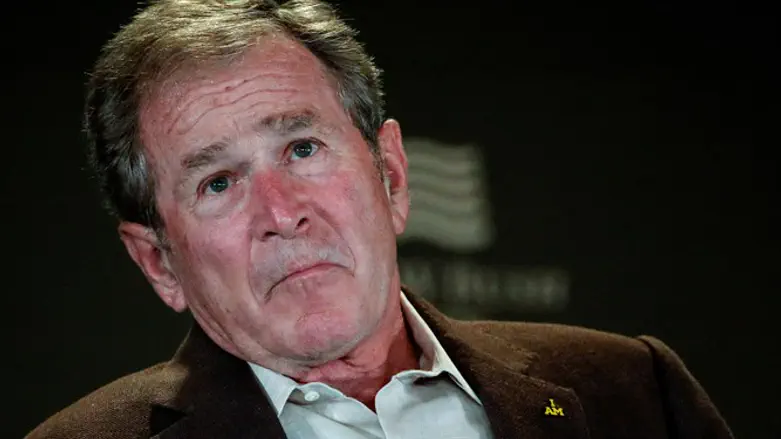
In an unprecedented presidential election featuring the first true political outsider on a major party ticket since Dwight D. Eisenhower last ran in 1956, anxieties within the Republican establishment have created some very strange political bedfellows.
Eight-and-a-half months after his brother and former Florida Governor John Ellis “Jeb” Bush dropped out of the Republican primaries, former President George W. Bush is reportedly considering voting for the Democratic ticket this year – and the woman whose husband defeated his father 24 years ago.
In September, the 41st President of the United States, George Herbert Walker Bush, declared in an informal statement to some 40 people at a private gathering in Kennebunkport, Maine, that he intended to vote for Hillary Clinton, whose husband Bill Clinton unseated Bush, then the incumbent president, in his 1992 reelection attempt.
The move was seen by some not only as a rejection of the Republican nominee Donald Trump’s policies – seen as deviating in many respects from conservative orthodoxy – but part of a personal distaste for Mr. Trump, who targeted the former president’s son, Jeb, aggressively in the early stages of the GOP primary process.
George W. Bush, 43rd President of the United States, went public with criticisms of Trump in August, slamming his proposals as “isolationism, nativism, and protectionism.”
Some former Bush cabinet members explicitly endorsed Trump’s general election opponent, though the younger Bush has remained mum on whom he plans to vote for.
But on Tuesday, George Prescott Bush, son of Jeb Bush, told participants at a GOP rally in Texas that his uncle George W. may join the elder Bush in voting for Clinton, the Associated Press reported.

